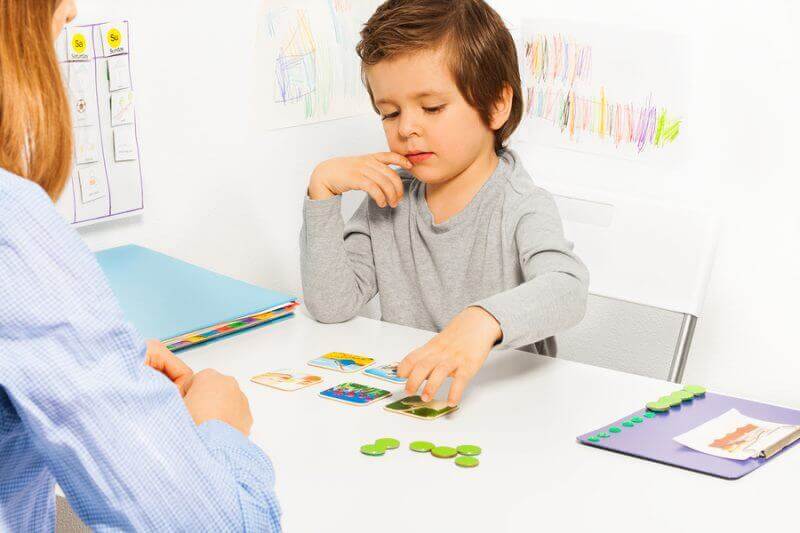Behavior Challenges

What Should I Do If My Child Is Showing Symptoms Of Autism?
Healing methods for handling autistic habits are diverse and should be tailored to every individual's demands. Behavioral therapy for autism can be extremely efficient, particularly when started early. This might include Applied Habits Analysis (ABA), cognitive-behavioral treatment, or social abilities training. It's important to method treatment with respect for the individual's autonomy and neurodiversity, focusing on abilities that boost quality of life as opposed to attempting to "stabilize" habits. Asperger's syndrome, when thought about a different diagnosis, is now part of the broader autism range.
Cognitive Capability Amongst Children With Asd

- Administration methods commonly consist of creating regular routines, minimizing sensory overload, and teaching coping abilities for psychological distress.In very early youth (0-5 years), parents could notice their youngster doesn't respond to their name, prevents eye get in touch with, or reveals little rate of interest in playing with others.Some efficient relaxing devices consist of fidget playthings, noise-canceling earphones, and heavy coverings.
And because communication abilities aren't constantly strong in youngsters with autism, identifying these triggers might take a bit more work on your part. Yet all can be autistic attributes, and, in many cases, result from sensory, communication, or behavioral challenges that are common for autistic people. Autism Spectrum Problem is a long-lasting condition that may affect an individual's capacity to socially interact with others and the requirement to abide by restricted and/or recurring patterns of habits, interests, or tasks. Environmental triggers and stress factors can have an extensive effect on ASD habits.
The trick is to identify that everyone's experience of autism is unique and deserving of individualized understanding and support. Dr. Rachael Muscatello is a Research Assistant Teacher in the Division of Psychiatry and Behavioral Sciences at Vanderbilt College autism in women and girls Medical Facility (VUMC). She got her PhD in Neuroscience from Vanderbilt College in 2020 and completed her postdoctoral fellowship at VUMC.
Hereditary influences play a significant role, contributing to 60 to 90% of the danger for establishing autism. Particular hereditary problems, such as Rett disorder and delicate X disorder, are understood to boost autism danger. Use words, video clip, modeling, practice (rehearsal), and social tales to educate the youngster just how to behave in church or at a performance; how to react nicely to grandparents; or exactly how to connect at a birthday celebration party. For older children with "high accomplishing" types of autism, they may become infatuated on a specific topic-- something like the climate or a baseball group, Pandey claims. It has to do with identifying the worth in neurodiversity and producing a society that really embraces all types of minds. Ecological elements, while less recognized, might also contribute to ASD advancement. These can consist of prenatal exposures, difficulties during birth, or early childhood experiences. It's a tip that our brains are shaped not just by our genes, however by our communications with the world around us. As youngsters with ASD expand and establish, their actions frequently progress and change. It resembles viewing a garden grow-- some behaviors flower early, others take some time to arise, and some may perish away as new ones settle.